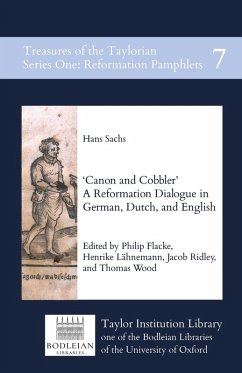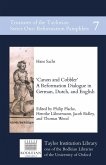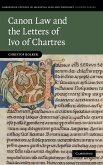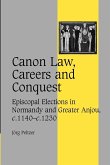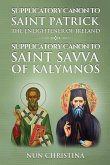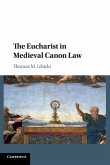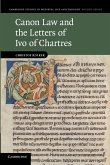In 1524, Hans Sachs (1494-1576), the Nuremberg shoemaker, prolific playwright, poet, and Meistersinger, published in quick succession four dialogues which thematize topics of the Reformation and criticize Catholic doctrine and way of life. Particularly his first dialogue, where the alter ego of Sachs, the cobbler 'Hans' takes on a pompous priest, the 'Chorherr' (and wins the day, of course, through his knowledge of the Bible in Martin Luther's translation) proved highly popular. Not only was it published in numerous editions in German, it also made its way into England via a Dutch translation of the 1540s, being banned in 1546 and reissued in at least two editions in 1548. The volume brings together an introduction which places this dialogue in the historical context of Nuremberg, the first imperial city which, only one year later, openly declared its alliance to Martin Luther - not least because of propagandists such as Hans Sachs. A comparative study of the English genre of Reformation conversations forms the second part. The third part looks at the publishing history and then follows the way of the pamphlets into Oxford. A short practical guide on how to read the Early New High German texts closes the introduction. The edition comprises a new edition of the German text, based on the 1524 Augsburg edition of the dialogue in the copy of the Taylor Institution Library, with linguistic footnotes and a new English translation which references the copious quotations from Bible and canon law used by Hans Sachs. This is followed by the first modern edition of the Dutch and English 16th century versions of the text, in a side-by-side presentation with explanatory footnotes. The edition is part of the Reformation Pamphlet series of the Taylor Institution Library in Oxford which aims to make the treasures of the library accessible via open access editions on https://editions.mml.ox.ac.uk/ and to bring together interdisciplinary expertise on different aspects of these historic holdings. Previous volumes have traced the success of Martin Luther's writings since the publication of the 95 Theses throughout the early 1520s, particularly his 1520 treatise 'Von der Freiheit eines Christenmenschen' (On Christian Freedom) and the 1522 translation of the New Testament. This edition introduces these works, neither of which are available in modern English translations, to historians, theologians and linguists in richly annotated editions and translation. A particular feature is the multilingual edition which allows in-depth translation studies. The facsimiles at the end of the book give an insight into the material history of the Reformation rhetoric.
Hinweis: Dieser Artikel kann nur an eine deutsche Lieferadresse ausgeliefert werden.
Hinweis: Dieser Artikel kann nur an eine deutsche Lieferadresse ausgeliefert werden.

